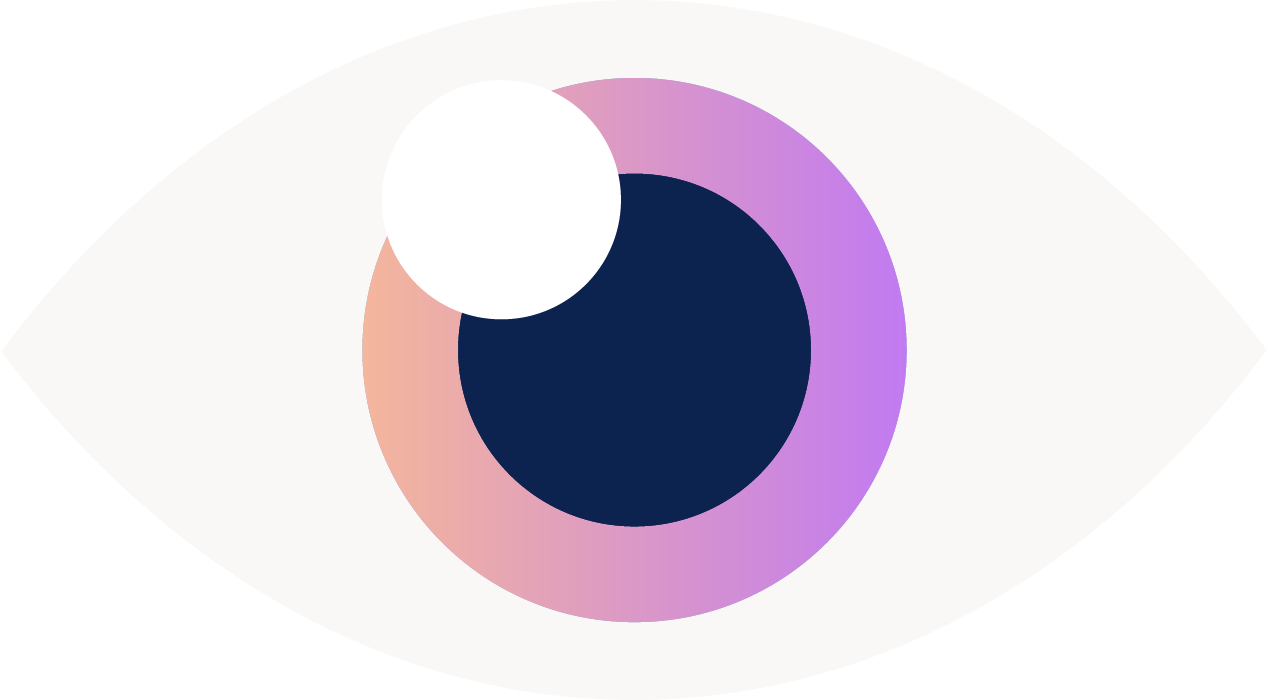Doctors in Bikinis -Unprofessional?
A few months ago, a well respected journal, the Journal of Vascular Surgery, accepted and published an article entitled "Prevalence of unprofessional social media content among young vascular surgeons"
First, I am always cautioning young residents and medical students to be careful of what they post and how they post it. It's part of why I helped found a non-profit organization dedicated to social media use in health care, AHSHM (Association for Health Care in Social Media).
But then I dived deeper and read the article. And the premise behind it all and the manner in which they performed "this research". The authors created fake accounts and looked up vascular surgeons on 3 different social media platforms, Instagram, Facebook and Twitter.
Central to their premise is that doctors must be held to a higher standard than the general public even in their social lives. I disagree wholeheartedly with this. I connect with my patients, because I share in their struggles. I am not above them in anyway and I think this kind of thinking is what creates distrust between patients and physicians.
In the authors mind, they deemed the following to be unprofessional:
- Holding/consuming alcohol
- Controversial political comments
- Inappropriate/offensive attire (bathing suits and Halloween costumes for women, no similar attire noted for men). They used the word "provocative"
- Censored profanity
- Controversial social topics - which included abortion and gun control
- Controversial religious comments
Does the fact that I’m in a bikini take away from the thousands of patients I’ve helped by performing strabismus surgery?
Or the the thousands of patients I’ve helped in my clinic?
Or somehow erase my degrees or my expertise?
Or mean that I’m not a serious surgeon?
No.
No.
No.
This misogynistic journal article would have you believe that.
I am very deliberate about what I put out here on this platform. And, to be told that my pictures enjoying beach time (in Hawaii where I live) with my family, or Pau Hana (Hawaiian for happy hour) time with my girlfriends and a glass of wine, is unprofessional gets my blood boiling.
It speaks to the larger picture of a man deciding what is and what isn’t appropriate for a woman to do with her body.
Am I wearing a bikini to clinic? To the OR? Of course not.
Women are changing the narrative of what doctors look like. The mere fact that they used the word "provocative" to describe women's bathing suit choices and Halloween costumes demonstrates the implicit gender bias inherent in this study.
Pre-COVID, I curled my hair, got a manicure and wore 4 inch high heels.
And when I was 38 weeks pregnant with Arya (pictured here), I wore a bikini.
Because this is what a doctor looks like. One with a family. One with a life outside of medicine. One who gets pregnant. And wears a bikini.
One who talks about gun control, drinks alcohol with friends, and curses.
I've been in a bikini to emphasize the importance of the 14 day quarantine for visitors to Hawaii on TikTok. I've posted pictures in a pool declaring the importance of self care to prevent burnout.
And guess what? I’m still a damn good (and professional) surgeon.
The article created a #medbikini movement on Twitter and Instagram. My own post on the subject is my most popular one to date with almost 5000 likes and hundreds of comments.

And, united, us women doctors were able to get the Journal of Vascular Surgery to retract the paper and the author issued an apology. Great. But, how did this paper get published in the first place when I know of many good studies that are rejected?
This is how. These are the names of the leadership of the Editorial Board of the Journal of Vascular Surgery.
Editors:
Peter Gloviczki, MD
Peter F. Lawrence
Associate Editors
Thomas L. Forbes, MD
Peter K. Henke MD
Fred A. Weaver, MD, MMM
Assistant Editors
Michael C. Dalsing, MD
Paul DiMuzio, MD
Ronald M. Fairman, MD
Daniel K. Han, MD, RPVI, FACS
I am sure these are dedicated and well-meaning surgeons. But, do you notice a pattern? They are all men. Not one woman. There are some women listed on the Editorial Board (the volunteer physicians who read papers). Out of about 50, only 6 are women.
I'm wondering if there was more representation of women in leadership positions on the Editorial Board if this article would have ever seen the light of day?

